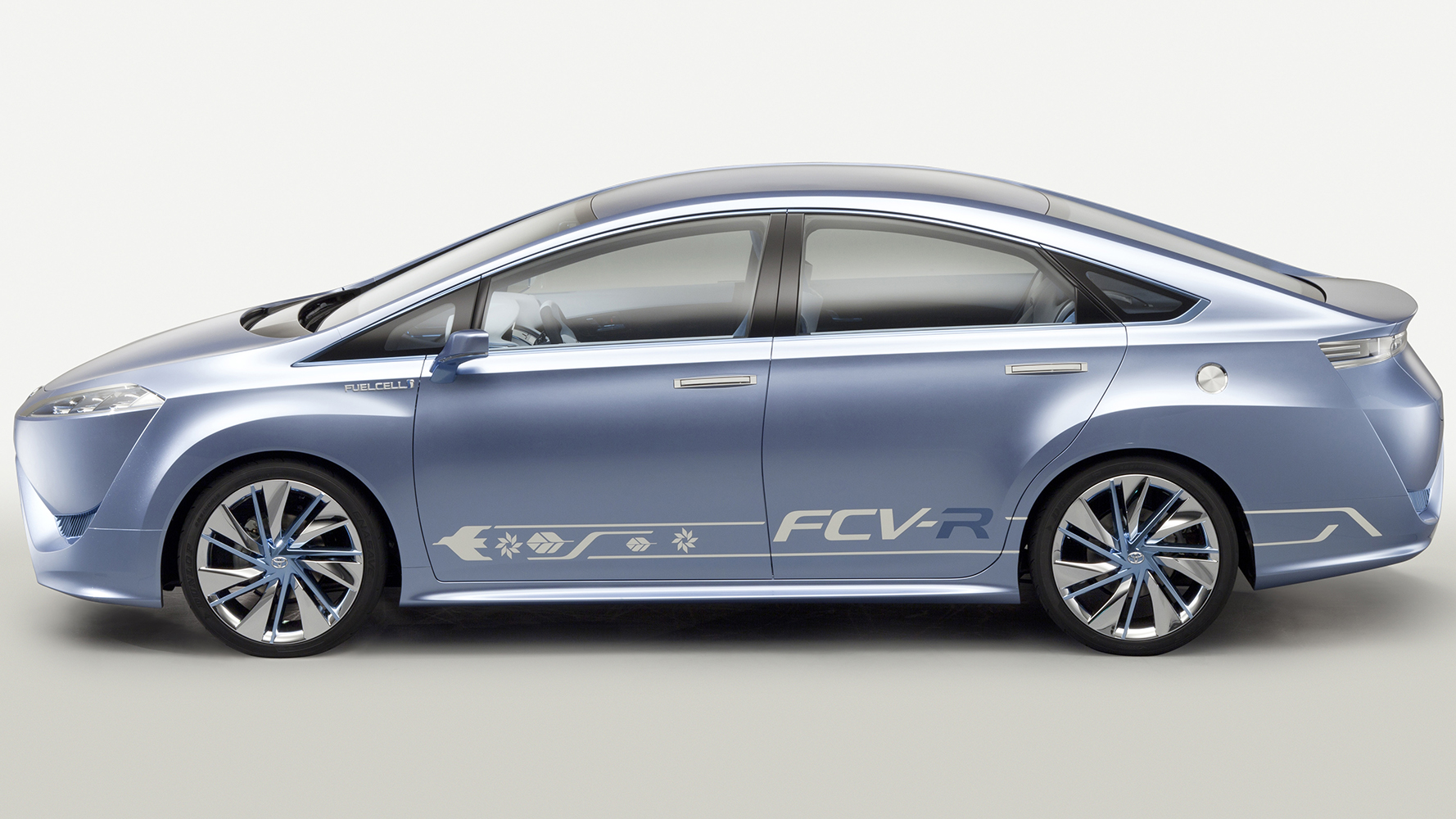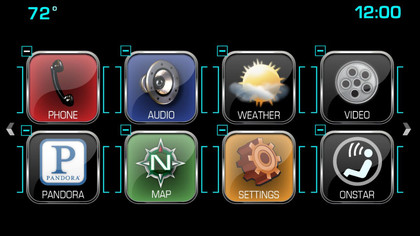The car of the future: the tech that's coming next
What will they invent next?

Sign up for breaking news, reviews, opinion, top tech deals, and more.
You are now subscribed
Your newsletter sign-up was successful
Car companies have been steadily adding new features to make vehicles safer, more reliable, more environmentally friendly and more technologically sophisticated.
Soon, your Audi will be able to find a parking spot and park itself while you walk into work. Mercedes has figured out how to analyse the roadway as you drive and can adjust suspension on the fly. But this is just the beginning.
In exclusive interviews about the far-future cars, several major automobile manufacturers spoke to us about concepts for the future car. Short of the flying car, these predictions reveal astounding tech advancements.
Let's see what these vehicle makers had to say about their plans for our cars.
GM: Intent engines in cars will predict our preferences
There's another 'engine' that will come to play in the future vehicle, according to General Motors. An 'intent engine' is a super-powerful artificial intelligence that can analyse past actions, understand current conditions and scan for available data to predict behaviour.
"The car will infer your intentions and offer some options for you and act on your behalf," explains Nick Pudar, the vice president of planning and business development at GM OnStar.
Pudar gave some examples of how this could work. For someone driving across the country, the car will know where fuelling stations are located and examine your route. As you drive, the car will predict when you should refuel - say, before you leave a major city, where fuel is cheaper. "The car will prompt you with data you were not even thinking about," he says.
Sign up for breaking news, reviews, opinion, top tech deals, and more.
Another example is that electric cars of today such as the Chevy Volt are already connected to the internet and can be controlled using a mobile app. You can decide to start recharging when you know costs are lower.

In the future, as more homes are connected to smart grids, an intent engine will examine usage for you and charge at the best rates. But this will advance even further: the car could let the power utility know when you have been driving more, or if your commute changes (based on driving patterns).
One of the most interesting advancements is that the future car will remind you about intent. "I could have an app on my phone where I can speak to it and say remind me at some point in the future that I am by a place that sells charcoal," he says. Then, an alert would pop up later.
Or, a button in the dash could enable you to create a reminder about a local eatery. Next time you are driving in the area, the alert would suggest eating there based on your previous intent.
Chrysler: Computer modelling to make trucks lighter
One of the greatest challenges in vehicle design is making the car lighter but also durable enough to withstand abuse over time - not to mention accidents. Interestingly, in the same way an Apple MacBook is now engineered as one unibody piece, cars and trucks of the future will be engineered as one piece - in fact, the entire production process will be unified.
Mike Cairns, the vehicle line executive for trucks at Chrysler, told TechRadar that computer modelling and "lightweighting" will be a key innovation in the future.
"Today, lightweighting benefits fuel economy and performance," he says. "If we reduce the weight of the chassis, we can reduce the weight of the engine. As you start lightweighting, it opens up opportunities to make things lighter on the rest of the vehicle."
Unibody designs will use one single mould, he says, made out of a new form of reinforced plastic that has not been been invented yet. Imagine the exhaust system of today: disparate parts designed separately from the vehicle in a computer model. In the future, the exhaust, engine, electrical components and even the dash will be designed as one component.

John Brandon has covered gadgets and cars for the past 12 years having published over 12,000 articles and tested nearly 8,000 products. He's nothing if not prolific. Before starting his writing career, he led an Information Design practice at a large consumer electronics retailer in the US. His hobbies include deep sea exploration, complaining about the weather, and engineering a vast multiverse conspiracy.